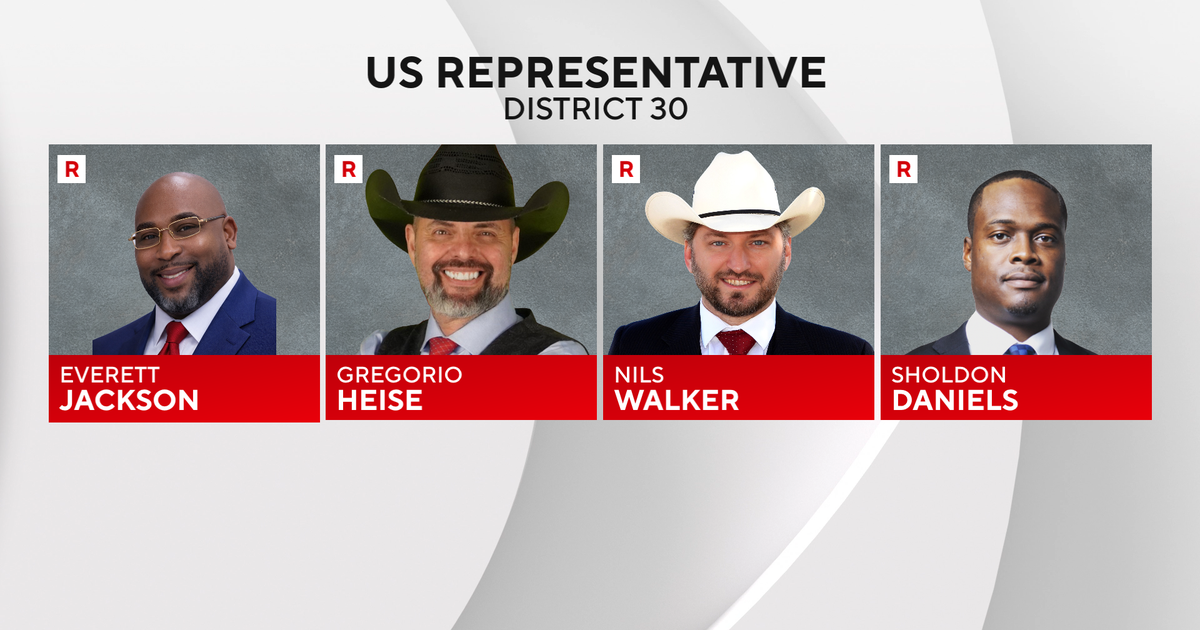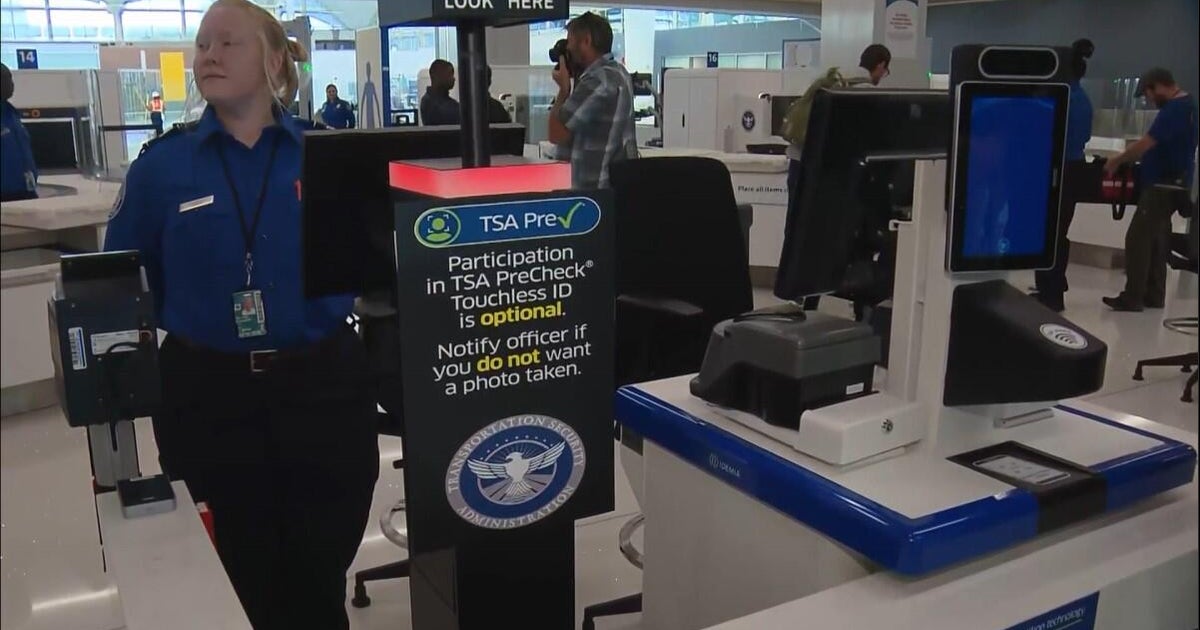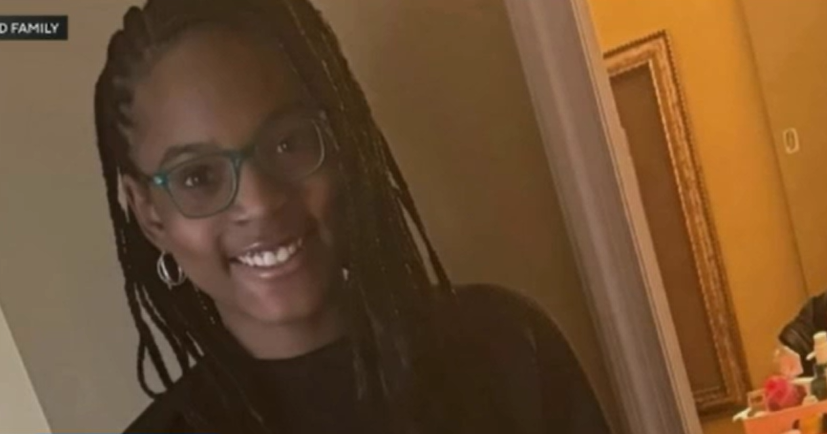House Committee Backs Pension Reform Plan, But No Floor Vote Yet
SPRINGFIELD, Ill. (CBS/AP) -- A breakthrough measure to address Illinois' $96 billion pension crisis progressed Monday in the Illinois House, but odds of a final deal before this week's deadline grew slimmer as lawmakers left the Capitol without taking a floor vote.
The House Personnel and Pensions Committee voted 6-3 to give the go-ahead to the plan, which freezes cost-of-living increases and calls for higher employee contributions to help solve a worst-in-the-nation pension shortfall.
The sponsor of the bill, Democratic Rep. Elaine Nekritz, said both Democrats and Republicans were assessing how many House lawmakers support the measure before deciding whether to call for a floor vote.
"When we have the votes, we'll call it," Nekritz said. "We have a much stronger bipartisan bill here than we've ever had in the past. We have a much greater likelihood of success than we've ever had in the past."
The House is scheduled to return Tuesday for its final full day before the session ends just before noon Wednesday. But if the plan gets through the House it still would need to pass the Senate, which is not currently meeting. Democratic Senate President John Cullerton has said he will call lawmakers back to Springfield for a Tuesday session if the House is able to pass a pension bill, though he prefers a proposal that passed the Senate last year.
Democratic Gov. Pat Quinn and House Republican Leader Tom Cross back the plan, and Cross said he would work with his Republican caucus to get the measure passed on the floor. Two Republicans joined four Democrats in voting yes in the pensions committee
"We've got to quit talking and we've got to pass something," Cross said. "This is something that has to happen. Its time has come."
A Quinn spokesman said the governor and his staff also were pressing lawmakers for their support.
Opponents said the bill is unfair and unconstitutional and won't solve the problem. They said lawmakers must consider other revenue sources, such as closing tax loopholes. They asked legislators to attend a pension summit to try to work out a plan that they say will pass constitutional muster.
Those against the legislation also stressed that state workers and employees have made their pension contributions as required, while the state has repeatedly skipped or shorted its payments, leaving Illinois with the nation's worst pension funding crisis.
Cinda Klickna, president of the Illinois Education Association, said many teachers are scared because they have planned their lives based on what they thought their pension benefits would be.
"Their pension is their life savings. It is their safety net," Klickna said. "What we're talking about today begins to tear at that safety net. We are talking about people's lives."
The plan emerged over the weekend when the House reconvened for the final days of the lame-duck session. New lawmakers are sworn in Wednesday, the day Quinn had set as a deadline for pension legislation.
The state's unfunded pension liability is estimated at roughly $96 billion, and Quinn says the deficit grows by $17 million a day. The piling debt has hurt the state's credit rating, limiting its ability to borrow. It also has eaten up more and more money for education and other public services.
The amended pension bill would not award annual cost-of-living increases until the age of 67 and would increase employee contributions by 2 percent of salary, spread over two years. Once cost-of-living increases take effect at 67, they would be applied only to the first $25,000 of a retiree's pension, or the first $20,000 for retirees who also receive Social Security.
It also would require the state to fully fund its portion of pensions under threat of legal action by the accounts' administrators.
Various plans have been floated in the past year for bumped-up contributions and less-generous benefits for current employees, raising the retirement age and reducing cost-of-living adjustments for retirees. Democratic leaders, including Quinn, also have proposed shifting the employer portion of teachers' pensions from the state to local school districts -- a provision that Republicans have opposed because they believe it will lead to local tax increases, and that has stymied a deal for much of the past year.
Some state retirees say reform could be their financial doomsday, CBS 2's Dana Kozlov reports.
Sally Farley, a retired Illinois public aid worker, is reviewing her finances as state lawmakers consider the latest reform measures. She says potential changes would impact her bottom line.
"I think it's all politics, and not people," she says.
Last week, House Speaker Michael Madigan said he would agree to a deal that didn't include a shift of the teacher pension costs, saying it was more important to make some progress on the problem than to do nothing. That raised hopes that an agreement could be reached, though legislative leaders and Quinn met Saturday and were unable to hammer out a deal.
Among the main questions still lingering about any pension plan is whether it will stand up to a legal challenge. The Illinois Constitution prohibits pension benefits from being "diminished or impaired."
Union officials said Monday they believe the current proposal violates that provision, which they called an "ironclad guarantee" of benefits. They said they are prepared to sue if the bill becomes law.
Mark Rosen, a professor at Chicago Kent School of Law, told lawmakers courts have ruled that constitutional language isn't absolute, particularly if there are compelling competing interests such as a massive unfunded liability that threatens a fund's solvency.
Nekritz said any change to pensions is likely to prompt a legal challenge, and lawmakers should let the Illinois Supreme Court make the final decision on what's constitutional.
(TM and © Copyright 2013 CBS Radio Inc. and its relevant subsidiaries. CBS RADIO and EYE Logo TM and Copyright2013 CBS Broadcasting Inc. Used under license. All Rights Reserved. This material may not be published, broadcast, rewritten, or redistributed. The Associated Press contributed to this report.)







